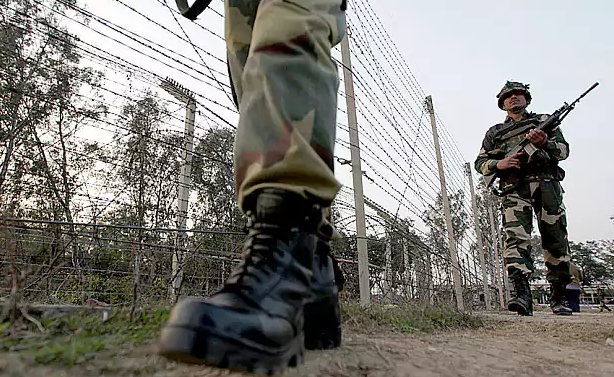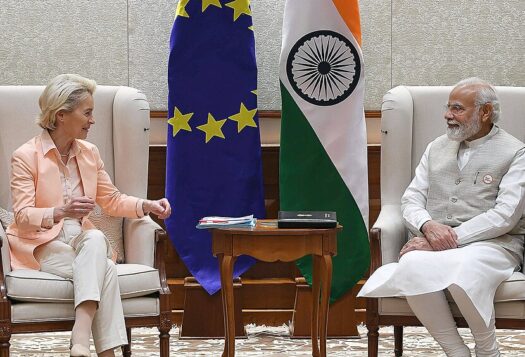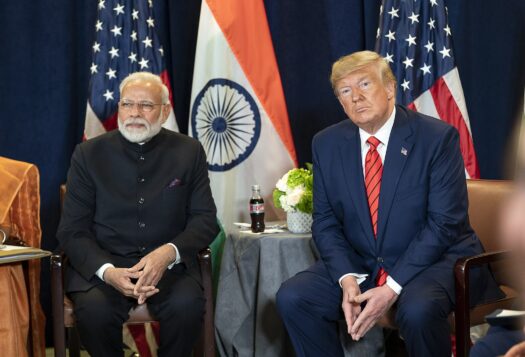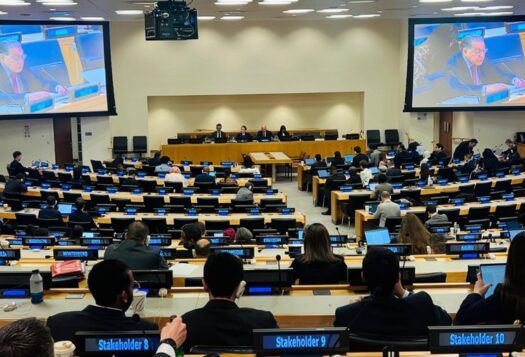
As India and Pakistan celebrate their respective independence days on August 15th and August 14th, there are miniscule and steadily shrinking sections of the population which also look back to the other event which coincided with independence, i.e. partition. For a long time, the generation which suffered during partition refused to talk about their traumatic experiences and national history projects overshadowed the human side of events. At the same time, novelists like Khushwant Singh did make an effort to depict the travails of partition sufferers, through novels like Train to Pakistan, yet for very long there was no use of anecdotal accounts and oral history.
Over the past few years a number of efforts have sought to collect survivors’ stories of partition. One of the major projects has been a joint project undertaken by Ashis Nandy and Rajmohan Gandhi of the Centre for the Study of Developing Societies (CSDS). Another recent initiative is The Partition Archive, organized by Guneeta Bhalla, which collects stories of partition survivors.
There are a number of reasons for this increasing interest in partition, specifically with regard to the accounts of partition survivors. The most important of course is the realization among scholars that survivors of partition are fading away and that oral history is an important source for the study of partition. Urvashi Butalia in her seminal work, The Other Side of Silence: Voices from the Partition of India, drew attention to the need for using oral history in order to understand the human aspects of South Asian history. Scholar Ishtiaq Ahmed’s sterling effort on partition, The Punjab Bloodied, Partitioned and Cleansed not only made effective use of oral history, but did so with immense erudition.
Apart from the above reasons, the South Asian diaspora has also begun to show an interest in partition, because it is relatively easier to look at partition in a more rational manner. It is because of this interest that some of the important research, in the form of books and research projects, has been the result of the efforts of individuals settled outside the subcontinent.
All such initiatives have tried to unearth layers of history through the effective use of oral history, something which had hitherto been ignored due to an excessive emphasis on the narratives of the nation states and hardliners. These projects are welcome efforts to underscore the fact that partition was not merely about killing, looting, and arson, especially in the current atmosphere of hostility between the two countries. Yet, it would be fair to say that all these projects do have some shortcomings.
First, while trying to examine history is a laudable effort, it is important that such endeavors also play a role in the future relationship between India and Pakistan. So, in an atmosphere where the electronic media dominates the discourse, it would probably be worth helping the offspring of survivors, especially those who were rescued or engaged in positive acts, interact with each other. While at an individual level such links have been established between certain families, it is important to institutionalize such links.
Additionally, greater attention needs to be given to some interesting points:
First, why did ties between both countries not sour in the immediate aftermath of partition until 1965? This author, during the course of a book, co-authored with two Pakistani journalists, was surprised not just by the acts of Good Samaritans on both sides, but even more by the fact that only a few years after partition, citizens from both sides embraced each other in spite of the bloodshed during partition. There were instances of individuals even returning belongings to their friends and erstwhile neighbors. While there are a number of similar anecdotal accounts, there is no detailed analysis of the reasons behind them. If partition was a consequence of a pathological hatred between religious communities in East and West Punjab, what would explain this bonhomie? Also, if after so much bloodshed and violence communities were able to forgive each other, then why is it not possible today even to think of a civil relationship between both countries? While strategic analysts and policy wonks have sufficient explanations, historians may also be able to come up with some nuanced contributions.
Secondly, one of the deficiencies of all such projects is that they unintentionally function in isolation. While high profile efforts are recognized, others go unnoticed. Punjab, which was split into two, is a land with a strong oral tradition. Most projects do recognize this and have conducted interviews on both sides with survivors in rural areas, making use of locals for translating interviews from Punjabi/Urdu to English. However, these projects need to do more to disseminate their findings, especially with regard to acts of kindness, beyond the scholarly community. In an article written for The Hindu, Mariam S. Pal rightly makes the point: “Writings about Partition invariably tend to focus on the victims. Little mention is made of the many unknown heroes who helped save lives.”
In conclusion, it would be fair to say that the increasing attention to partition, especially oral accounts, is welcome. At the same time, it is important to address the shortcomings of such projects so that they are able to make a contribution – not just to a deeper understanding and knowledge of partition, but also in removing certain misconceptions and myths regarding partition which have become deeply embedded in the minds of Indians and Pakistanis.
***
Image: STR-AFP, Getty


